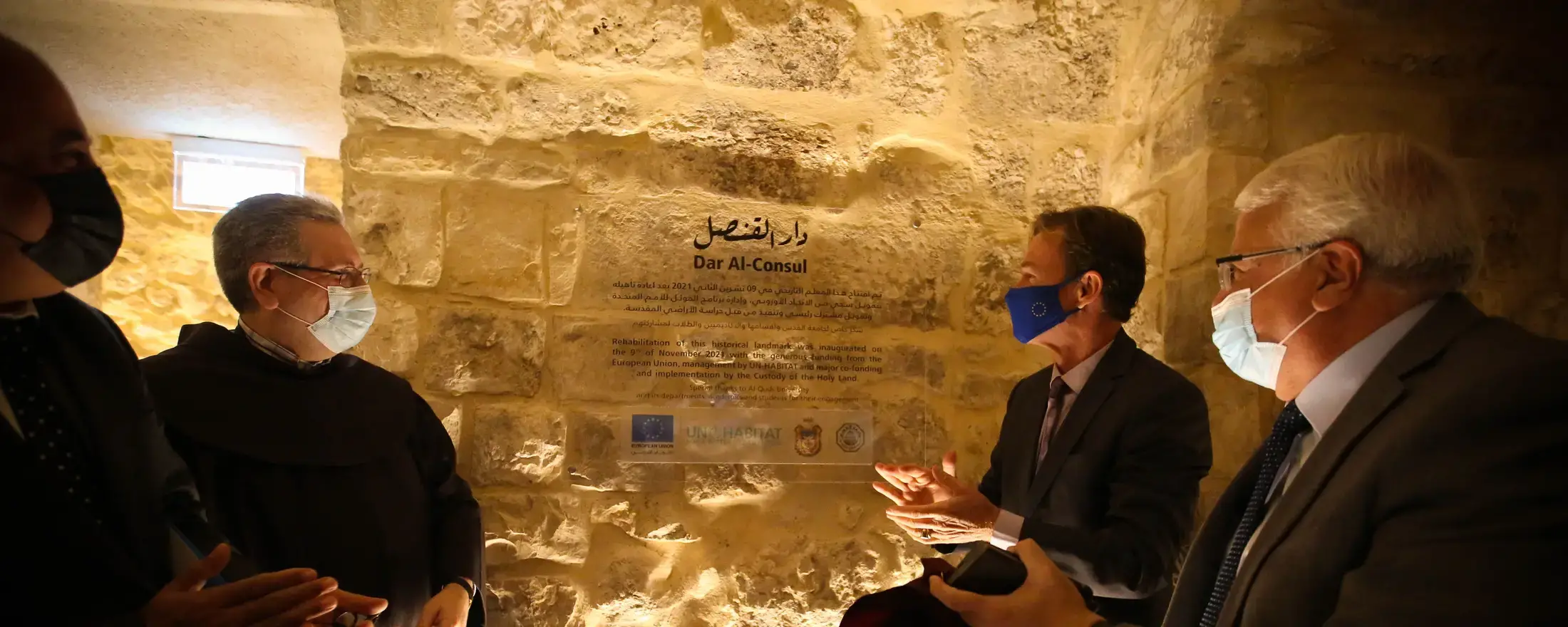
Maximizing Asset Productivity Through Efficiency
“Energy efficiency is not just low-hanging fruit; it is a fruit that is lying on the ground." —Steven Chu, Nobel Prize-winning physicist, and former United States Secretary of Energy.
Achieving eco-friendly, low-Carbon, and energy-efficient assets in real estate and tourism sectors through regional, urban, and owner portfolio schemes.
At OHK, we specialize in a unique cascading scale approach to energy efficiency and asset productivity. With a strong track record in working with policymakers, urban planning practitioners, tourism industry professionals, and private equity in real estate and tourism, we have refined our approach and core competency over the years. We focus on a top-down approach, from national policies to urban areas and tourism destinations and extending to building and accommodation services portfolios.
With over 200 energy standards and green labeling schemes worldwide, we guide government organizations or businesses through the complex landscape of energy standards and regulations at the international and national levels. We ensure alignment with international energy standards where appropriate, and when not, we use best practices to propose local-context-driven guidance. Our work spans four levels, tailored to objectives, readiness, and capacity: compliance, bottom-line, voluntary performance, and labeling and certification.
Urban areas contribute to over 80% of the world's GDP and 70% of global carbon emissions, while real estate and tourism comprise 60% of the world's assets. However, these sectors are vulnerable to climate change, with tourism destinations facing up to $4 trillion in losses by 2100. Our approach targets economies of scale, ensuring that resource-intensive urban centers, legacy city cores, and mass tourism destinations migrate to sustainable, efficient, and resilient environments. We focus on green building schemes, climate-resilient infrastructure, renewable energy integration, carbon footprint reduction and offsetting, green spaces, urban/resort biodiversity, eco-tourism, and eco-lodges.
Portfolio owners, representing 40% of their respective sectors, hold immense influence over the economy, carbon emissions, and resource use. By concentrating on these owners, we make the most significant impact. We conduct audits and benchmarking, propose sustainable practices, analyze life cycle costs and facilities’ water and energy efficiency, and guide them toward managing demand, monitoring, and promoting user awareness. By employing a multi-layered, top-down strategy encompassing policy and regulation, urban and destination planning and management, and portfolio-focused schemes, our integrated approach aims for scale and impact.
Our EMEA-based network of partners collaborates with us to provide specialized inputs. We assemble multidisciplinary teams of energy auditors, modelers, mobility planners, climate experts, RE advisors, building designers, and biodiversity and eco-tourism planners.












